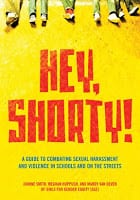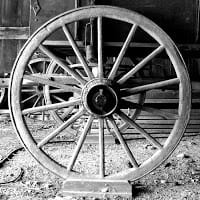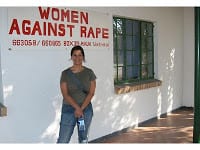Two recent international news items have wormed their way into my consciousness of late and, while I confess that I am uneasy about my relative lack of knowledge on the subject, I am somehow still compelled to wonder out loud. Both issues have at their core, the issue of Muslim women wearing head coverings, often called hajib or naqib.
France banned the wearing of any overt religious symbols in schools in 2004. These were not limited to Muslim headscarves by any means, and the purported reasoning behind it was to somehow erase visual differences between citizens in order to promote a more cohesive society. The most recent proposal would ban women from wearing their naqib in public at all, again supposedly to promote acceptance of others in French society, but also because some lawmakers are offended by their belief that Muslim women are often forced to don these head coverings and they want to rid them of this discrimination.
Today MSNBC ran a story about women in Turkey who are effectively barred from getting jobs because of their choice to wear headscarves. Because Turkey is a “secular” country, these traditional head coverings are prohibited for public officials and women in public places. There is a fragile balance between the Muslim ruling party and the secular bureaucracy and much fear on both sides that the scales will tip in the other side’s favor. The women are left wondering if they will be able to use their education and passion for careers and lives outside of their homes and places of worship.
For me, this issue has very little to do with religious or political beliefs and simply leaves me scratching my head. For the people who claim to be advocating for women’s rights by banning the headwear, I wonder how much of their rhetoric is genuine versus an excuse to get rid of something that makes them uncomfortable. I know the issue is complicated, and it may well be that some women are forced to dress in this manner by the men in their lives, but isn’t it just as repressive to force other women to remove their naqib when they don’t want to? I truly believe in the notion that individuals ought to be free to express themselves in most any way they choose, so long as it isn’t offensive or hurtful to others. And if there really are women who are feeling intimidated or abused by their husbands or fathers, in any way, maybe the French government ought to spend their time beefing up domestic violence resources rather than telling others how to dress. At this point, there is a small minority of French citizens who are being singled out and forced to act in ways they aren’t comfortable with and, as an American, I can only see trouble coming down the tracks.
In Turkey, the issue seems that much more insidious because of the blatant nature of it. There are those who are unashamedly vocal about their discrimination against women who wear headscarves and see no problem denying them access to the professions for which they have trained. I know of no similar way in which men are set apart from society because they choose to display their religious preferences. It seems to me that, while there are some complex issues involved, this is just one more way in which society is attempting to control women and I, for one, hope it backfires by causing powerful women from around the world to band together and raise their voices in protest.










